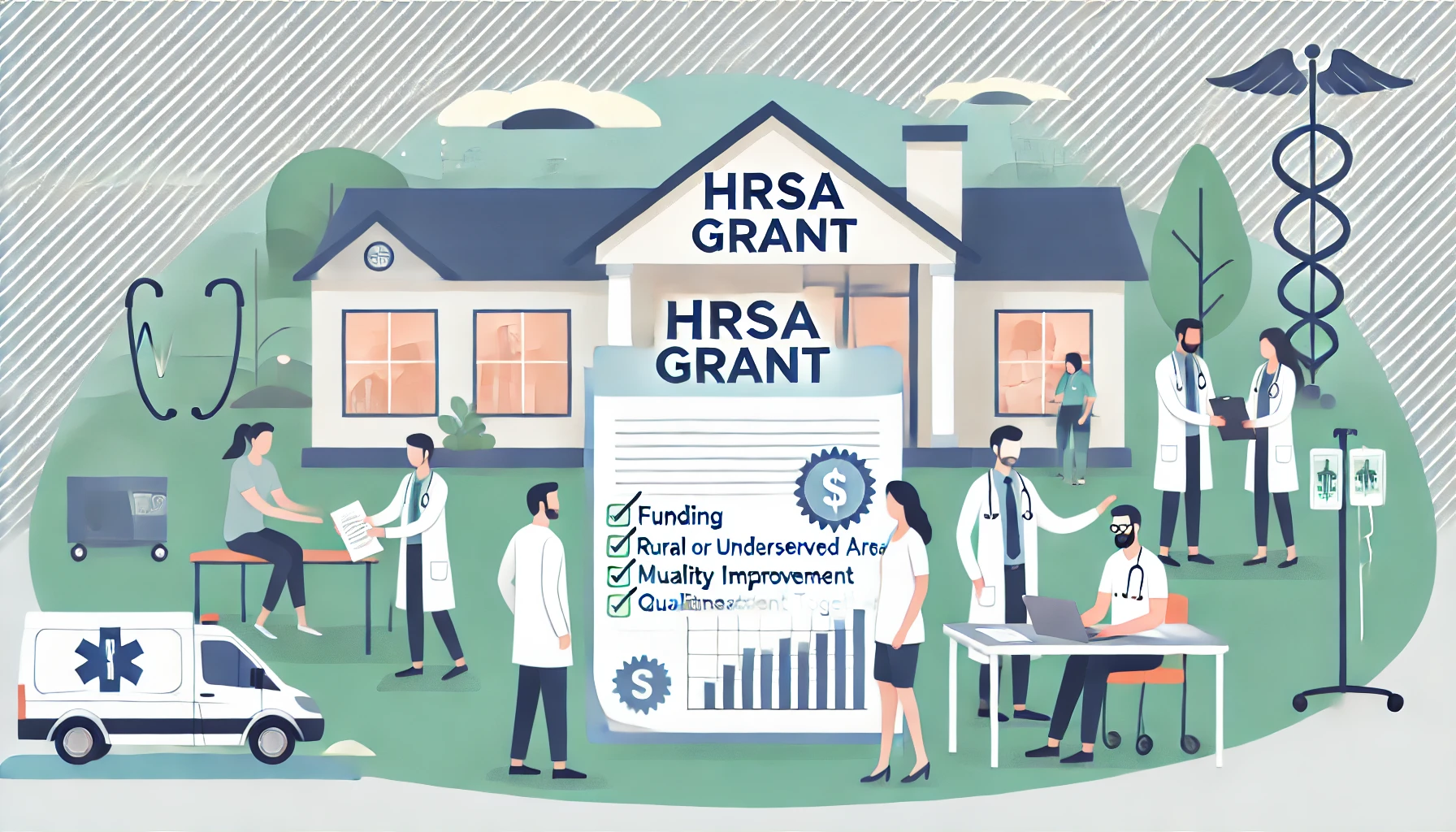
Table of Contents

Laura Cheever's HRSA Journey: Insights on HIV Care and Future Directions
Dr. Laura Cheever reflects on her 30-year HRSA career, highlighting progress in HIV care through the Ryan White Program and future goals for equity and innovation.
Laura Cheever's HRSA Journey: Insights on HIV Care and Future Directions
Dr. Laura Cheever, the Associate Administrator for the Health Resources and Services Administration (HRSA) HIV/AIDS Bureau, recently reflected on her pivotal three-decade career in an interview published on HIV.gov. Her tenure with HRSA has been marked by collaborative innovation, growth in HIV treatment accessibility, and an evolving vision for combating the HIV epidemic in the U.S. As the nation works towards ending the HIV epidemic, Cheever's insights take center stage in illuminating the progress made and the challenges that remain.
Dr. Laura Cheever’s Role and Achievements in HRSA’s HIV Care
Before exploring her vision for the future, it’s important to highlight Dr. Cheever’s substantial contributions during her time at HRSA. Appointed to lead the HIV/AIDS Bureau, Dr. Cheever has been instrumental in expanding the Ryan White HIV/AIDS Program, which delivers care and treatment to those living with HIV. This program now reaches approximately half of people diagnosed with HIV in the U.S., according to the interview.
Under Cheever’s leadership, key milestones have included:
- Scaling up viral suppression rates: Viral suppression levels among the program’s recipients have surged to more than 89%, a figure well above national averages.
- Reducing health inequities: The program tackled systemic inequalities, focusing on underserved and marginalized communities heavily burdened by HIV.
- Increasing collaboration: Effective partnerships with local organizations, clinicians, and policymakers have made national HIV-related goals more actionable at community levels.
An Eye Toward Future HIV Responses
As her reflection captured, Cheever is not content with progress alone; the fight against HIV requires fresh strategies for an ever-changing environment. She emphasizes the importance of adapting to contemporary challenges, including disparities in health outcomes and the intersection of HIV care with other societal health concerns.
She also highlights the urgent need for advancing the Ending the HIV Epidemic (EHE) initiative, launched in 2019 with the ambitious goal of reducing new HIV transmissions by 90% by 2030. Acknowledging the hurdles, such as the COVID-19 pandemic derailing momentum, Cheever calls for a reinvigorated, data-driven approach that intricately connects local efforts to national objectives.
As Cheever explains in her interview, “The Ryan White HIV/AIDS Program must continue to evolve to meet the needs of people with HIV, especially as social determinants of health and aging become more critical factors.”
Skepticism and Questions About Progress
While the strides made under Dr. Cheever are undeniable, some important questions arise. For instance, the high viral suppression rates among Ryan White program participants suggest significant achievement—but does this reflect progress for all individuals with HIV, or a select subset with better access to care? What do these numbers reveal about those not engaged in care, especially given the disparities in healthcare access across rural regions, racial groups, and demographics?
Additionally, the bold goals of the EHE initiative, while admirable, present practical questions around capacity. For example, how will local health facilities with already strained resources handle an expanded scope of work? And how sustainable is this progress when competing public health crises such as COVID-19 demand attention and funding?
The Role of Innovation in HIV Care
Cheever rightfully identifies technology and innovation as pillars of the future response to HIV. Whether through telehealth initiatives or better data systems to monitor care, the opportunities for transformative impact abound. However, this also presents concerns around equitable uptake. Not all affected individuals have equal access to technology or the internet. How can programs ensure they do not inadvertently widen existing disparities?
Balancing the Past and the Future
Dr. Cheever’s reflections offer both hope and a roadmap for the future of HIV care. Her work, especially within the Ryan White HIV/AIDS Program, showcases just how far the U.S. healthcare system has come in terms of delivering effective, tailored support to those living with HIV. Yet, Cheever offers a reminder that there is much work to be done, particularly in addressing the social determinants of health that exacerbate disparities in outcomes.
On the one hand, her achievements implore policymakers and healthcare professionals to double down on strategies that are demonstrably working. On the other hand, they challenge all stakeholders to innovate and think creatively about tomorrow’s most pressing needs.
It’s clear that the next stage of the fight against HIV will depend on more than medicine and metrics—it will require empathy, equitable outreach, and systems designed to ensure no one is left behind.
Final Thoughts
Dr. Laura Cheever’s HRSA journey paints a compelling picture of how collaborative, dedicated leadership can drive progress in public health. Her reflections underscore both triumphs and opportunities in HIV care, encouraging stakeholders to embrace a dynamic approach that adapts to evolving healthcare and societal landscapes. As we move closer to 2030, let’s hope her call for action resonates and inspires collective commitment across communities, clinicians, and policymakers.
For a full breakdown of Dr. Cheever’s insights, take a look at the original HIV.gov article.

Why Every Hospital Needs a Quality and Patient Safety Program
Every hospital needs a quality and patient safety program to reduce harm, improve care, and foster a culture of accountability.
.png)
.png)

HRSA FQHC Requirements: A Comprehensive Guide for Healthcare Providers
When it comes to federally qualified health center requirements, there’s no shortage of regulations, expectations, and—depending on your perspective—opportunities.
.png)
.png)

Unlocking Funding: A Guide to Health Resources and Services Administration (HRSA) Grants
Use HRSA grants to fund external peer review programs that enhance care quality, reduce bias, and support compliance in health centers.
.png)
.png)



.png)
.png)
.png)






.png)